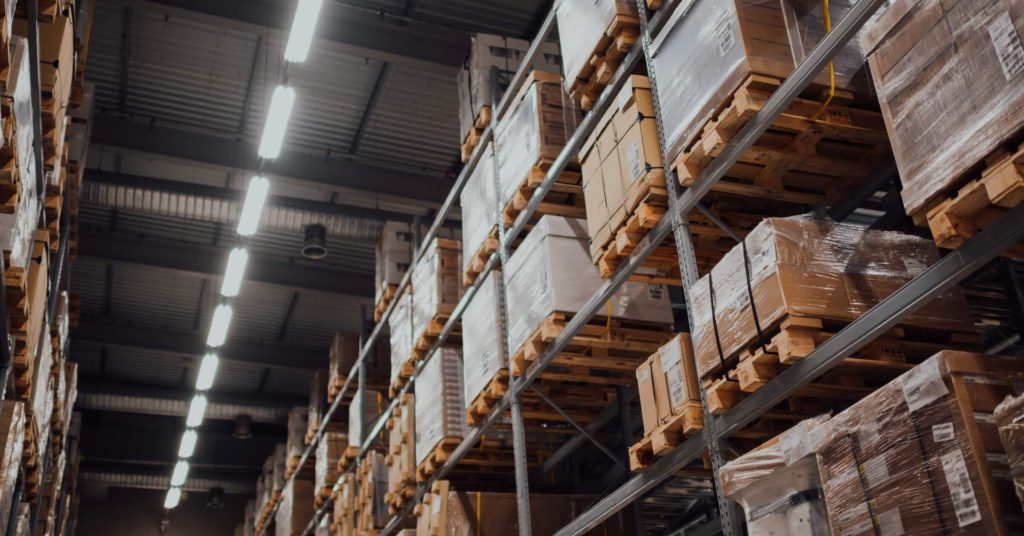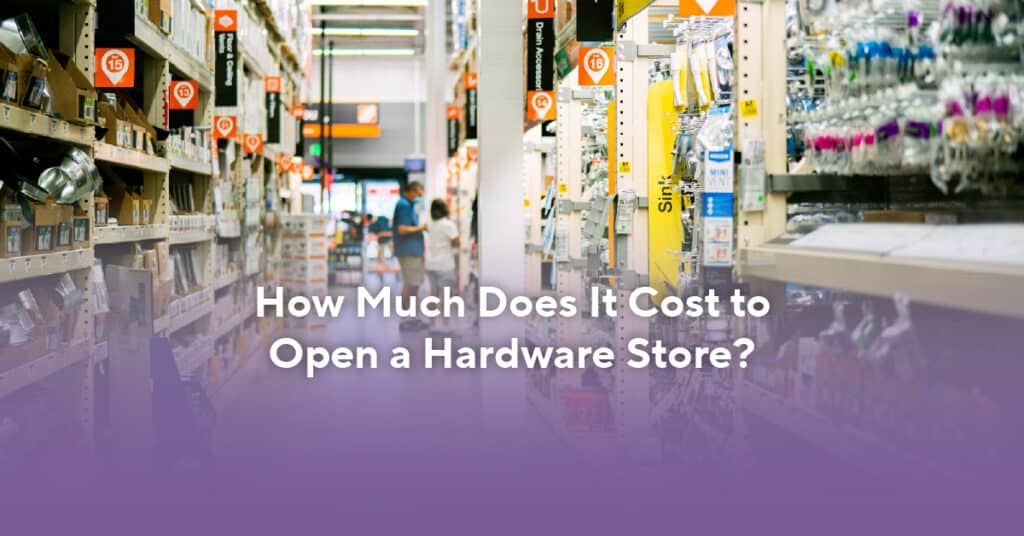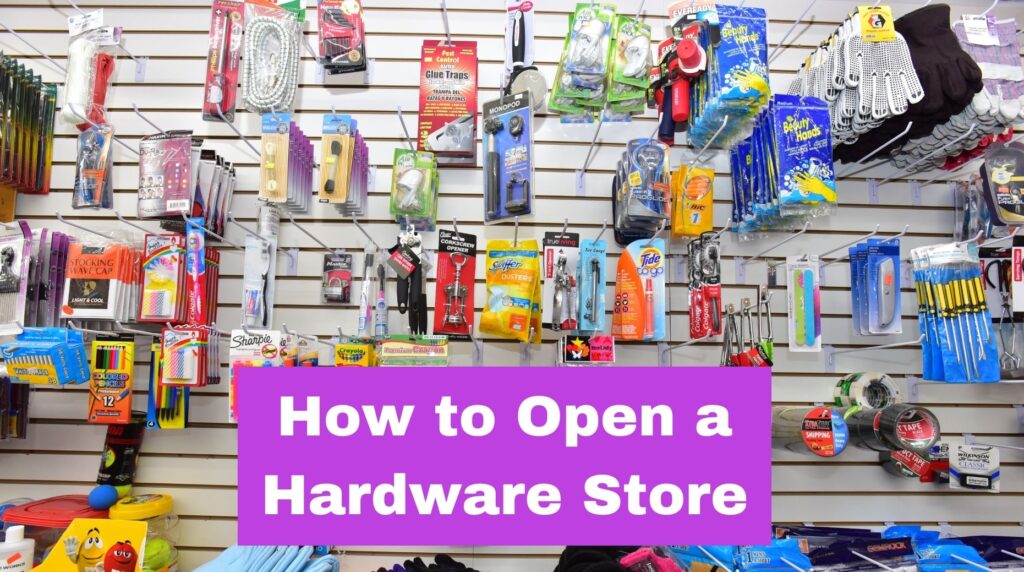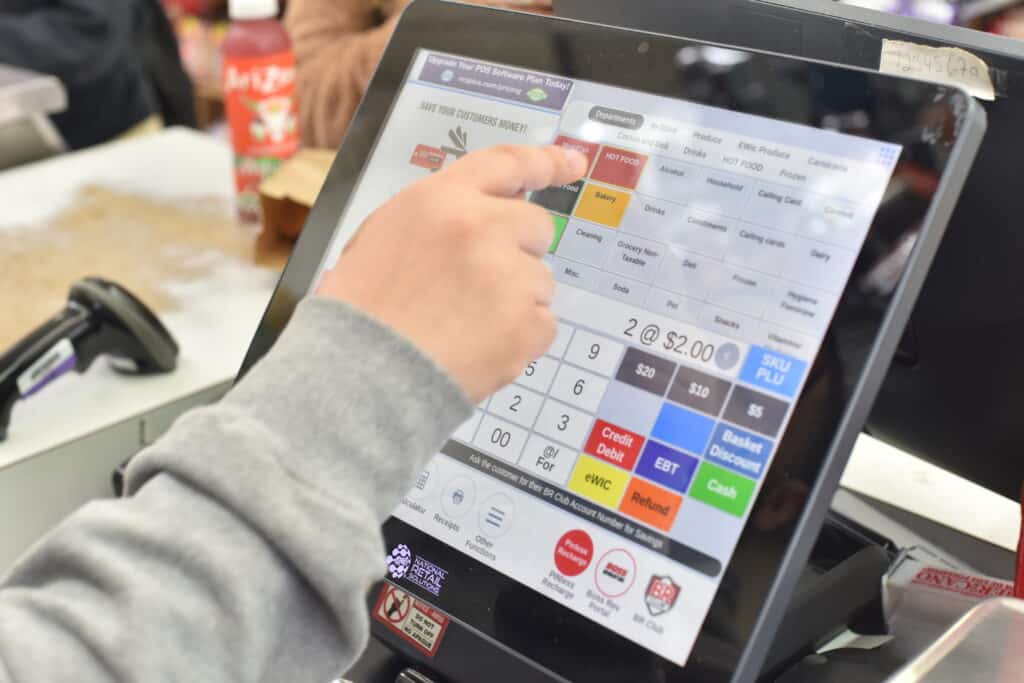When starting a business, the first step is to decide what products you will offer. Trying to figure out what kind of items you want to offer, let alone finding the finest wholesalers, may be difficult. Everything may seem to be in the air, but don’t worry! This article will walk you through finding the finest wholesaler, understanding the benefits, and selecting the proper products for your business.
What Does Buying Wholesale Mean?
Buying wholesale is when a merchant purchases discounted items from a wholesaler and resells them to consumers or other companies at a higher price. This higher price is called the retail price, it is what consumers will pay for when they are at your store. Now the difference between the retail price and the whole sale price is called a profit margin. These are all important factors to consider when selling the products to your customers and other businesses. In order for your business to generate money, you must also create a profit. According to Lightspeed, there are 9 different strategies to getting your customers to buy your products. The nine different methods include manufacturer suggested price, keystone pricing, multiple and discount pricing, penetration pricing, value pricing, psychological pricing, luxury and premium pricing, bundle pricing, and markup pricing.
Manufacturer Suggested Price
The manufacturer suggested price is the suggested retail price for a product by the manufacturer.
Keystone Pricing
Keystone pricing is when you double the wholesale price.
Multiple and Discount Pricing
Multiple Pricing is when for example someone will buy a bottle of shampoo for $5 but if they buy two it will be $8 and so on. Discount pricing is discounting the price of a product.
Penetration Pricing
Penetration pricing entails offering a cheaper price for a limited time in order to get the customer ‘hooked’ on the service and willing to pay full price in the future.
Value Pricing
Value pricing is the process of evaluating a product’s quality and determining its price.
Psychological Pricing
Psychological pricing is taking a product and adding a 9 to the end of the price. For example, if a product is $6.00, you add the 9 at the end making the price $6.99. This technique has been proven to increase more sales because customers think they are getting their money’s worth and that they are getting a quality product.
Luxury and Premium Pricing
Luxury and premium pricing is when for example, brands such as Dolce and Gabbana or Chanel price items at the highest value making customers think they have a higher status because they bought a higher priced product.
Bundle Pricing
Bundle pricing is when you combine two or more products into one package. You may sell a variety of items that are independently priced and bundle them together for the price of one.
Markup Pricing
Markup pricing is when you take a product for example of $20.00 and mark it up to $40.00. Keep in mind that this is important for profit and retail margins.
Now that you know some pricing strategies it is time to look at–
Where Can I Find a Good Wholesaler and How Do I Pick One?
In order to find the best wholesaler for your business you need to assess your sales history, where you will put inventory, and projected sales. The best way to accomplish all of these factors is a Point of Sale (POS) system that allows a business owner to track sales and inventory, whether the business owner is in the store or at home. National Retail Solutions (NRS) offers these valuable features, including low inventory alerts, sales statistics, remote monitoring app, and pricebook management. Through the NRS system using the remote monitoring app, inventory and sales data may be accessed remotely, allowing small business owners to see which items are frequent sellers and which are gathering dust. You should also make sure you have enough room for all the products to store away and to not underestimate how much room you will need. The last thing you need is to not have enough room for your products and not being able to buy any other products that customers may want.
Now that you know what you need to assess, you now have to research who will be the best fit for your business. The best way according to Fool.com, is to find B2B marketplaces, industry trade publications, and business directories. B2B marketplaces websites like Alibaba, which is a wholesale site, may offer what you need for your business. There are other B2B marketplace websites that offer a range of products just Google “Wholesale websites” and you should be able to find a range of wholesalers.
You may also want to consider networking within your industry. There are business networking events where you can meet your fellow competitors and see what they have done to get the right wholesaler. You can also network online and talk to wholesalers on their site and so on. If you still aren’t sure who is the best fit, hiring a consultant may be able to help you since they may keep an eye out for any suspicious wholesalers.
Lastly, you need to make sure that you buy the right products.
Choosing the Right Products
In order to buy wholesale, remember that you must have a resale certificate from your state taxation office. This is needed to ensure that you intend to resell items bought from the manufacturer and prevent fraud. Buying from a wholesaler also involves thinking about how to minimize delivery costs. Picking up the products yourself when practicable will prevent shipping or delivery fees that eat into a merchant’s profits. Buying products in bulk at lower costs is another advantage to dealing with a wholesaler. Just remember to look at expiration dates. Be sure that your products will sell before having to be tossed in the garbage.
Money Saving Opportunity
NRS provides other money-saving, affordable premium features including cash advances, acceptance of EBT and eWIC cards, and, through NRS Pay, approachable swipe fees with discounts based on monthly credit card transactions. Many wholesalers make their products available online and the NRS POS system has a marketplace feature so that retailers can conveniently and quickly purchase wholesale items online right from the POS system. For these reasons and more, NRS is the leading provider of POS systems throughout the country to small to mid-sized, independently owned convenience and grocery stores, mini-marts, alcohol and tobacco establishments, and hardware stores, among others.
Start with NRS today!
Don’t fall behind by missing out on all that modern POS systems can do for your small business. Contact NRS today at (833)-289-2767 or [email protected] to learn more about how modern ingenuity and resources can help you maximize profits.








